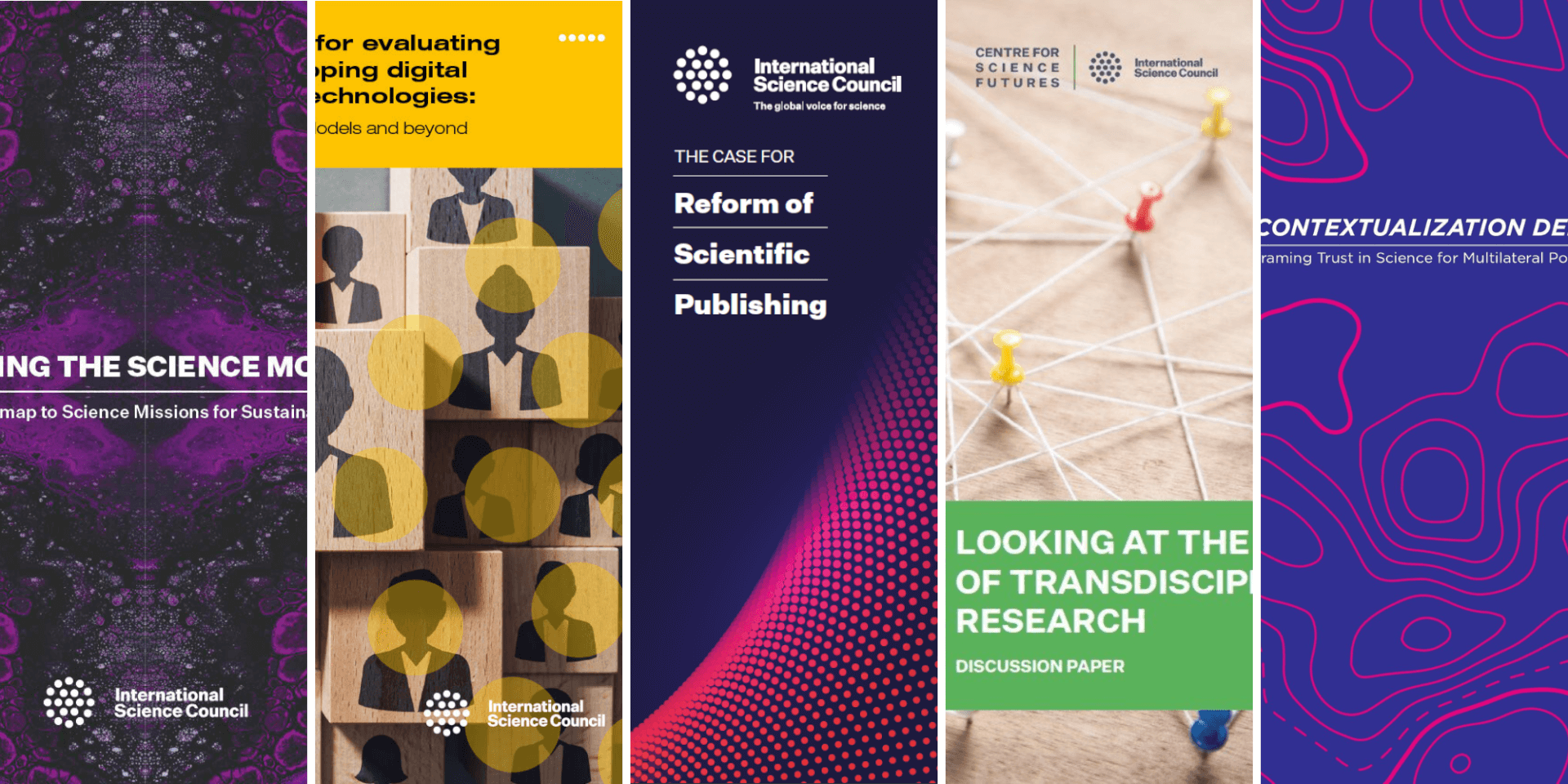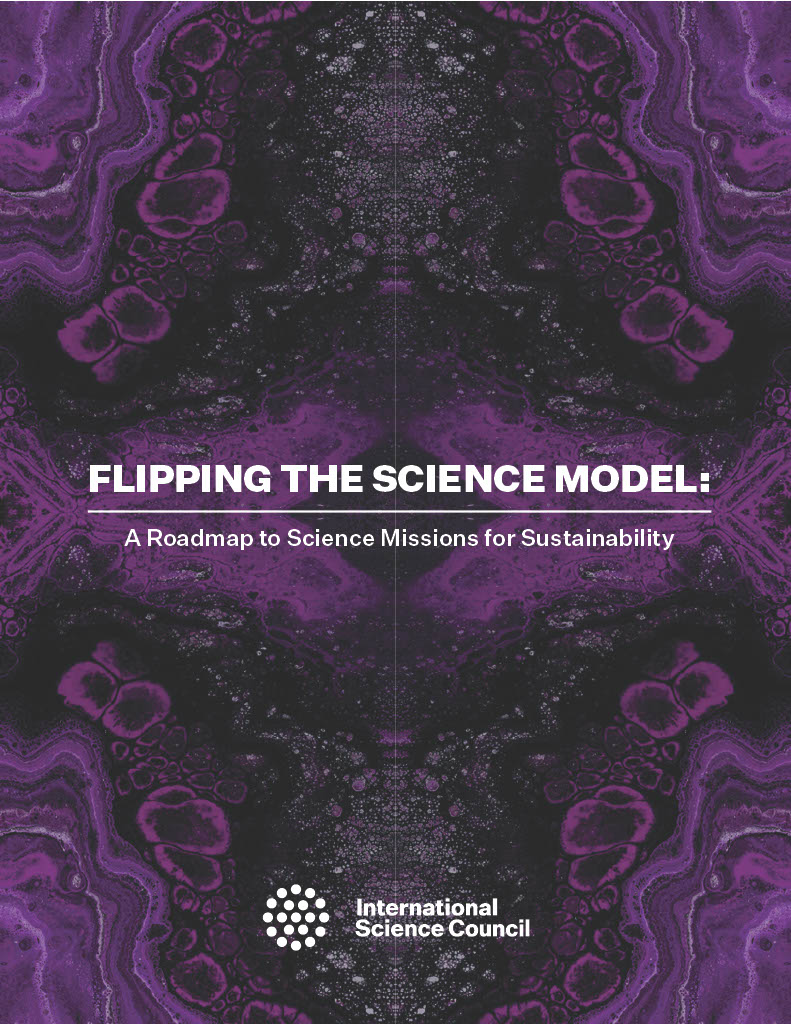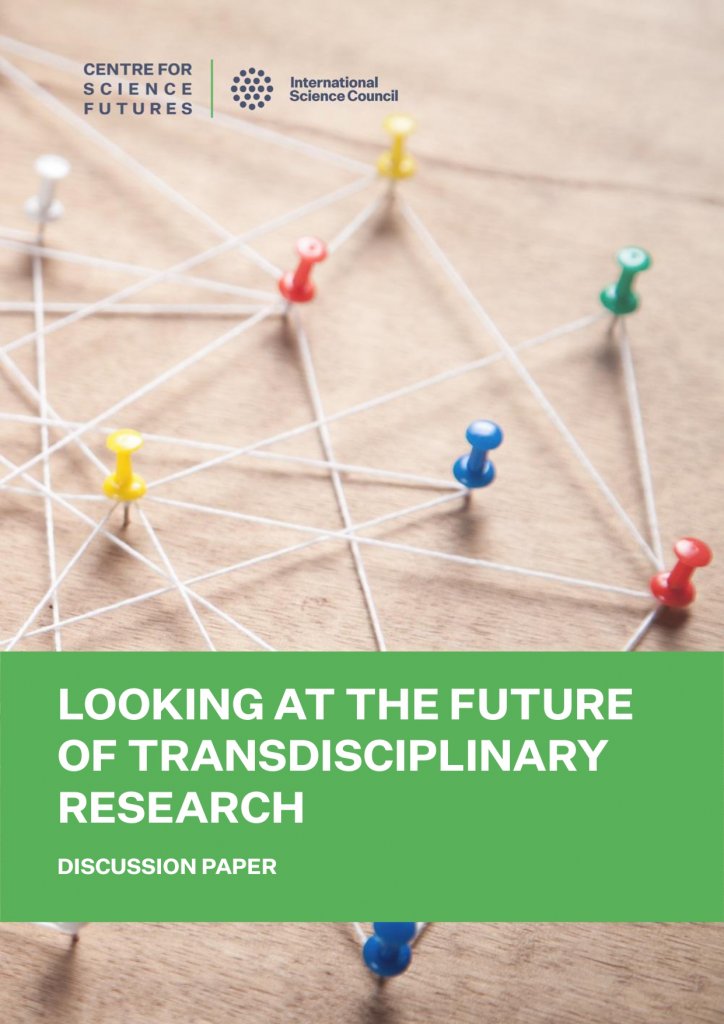
In 2023, the International Science Council (ISC) has released over 20 new reports and publications, addressing science issues ranging from Disaster Risk Reduction (DRR), to trust in science, science in times of crisis, and transdisciplinary research, amongst many more.
Should you want to catch up on issues that are driving the global science agenda, here is our selection.
From improving the peer review process to ensuring open access to scientific papers, the ISC lays out a comprehensive roadmap for reform highlighting the urgent need to shift from a ‘publish or perish’ culture to one that values diverse contributions to science and prioritizes the global dissemination of knowledge as a public good.
The Case for Reform of Scientific Publishing
This discussion paper has been developed by International Science Council as part of the Council’s Future of Publishing project and is a companion piece to the “Key Principles for Scientific Publishing” paper.
In a world of growing geopolitical tensions, science remains one common language for developing coordinated international action. When trust in science is compromised, the capacity for cohesive global policy action is further diminished. How can the multilateral policy interface engage effectively with science in ways trusted by populations? This paper is presented by the ISC’s think tank, the Centre for Science Futures.
The Contextualization Deficit: Reframing Trust in Science for Multilateral Policy
Presented by the ISC’s think tank, the Centre for Science Futures, in partnership with the UNESCO Unitwin Chair on Communication for Science as a Public Good, the report takes a systemic approach to the issue of trust in science, while also providing a practical set of questions and a framework that key stakeholders in the policy-science interface can use to identify global, regional, or local systemic requirements.
Both natural and social sciences have made significant contributions to our understanding of the challenges and issues affecting our societies and planet. Notwithstanding that, it is now clear that new approaches are urgently needed if science is to be effectively used to make rapid progress – shifting away from the intense competition and fragmented science and incentivizing collaboration and outcomes between scientists, and of scientists, with other stakeholders, especially civil society.

Flipping the Science Model: A Roadmap to Science Missions for Sustainability
This report describes and advocates for mission science for sustainability as an urgently needed new form of science for the SDGs. It also serves as a call, inviting all stakeholders, both familiar and unconventional, to unite with the science community in this endeavour of collectively catalyzing science’s power to drive transformative action towards a more sustainable world for all.
A framework for evaluating rapidly developing digital and related technologies
This discussion paper provides the outline of an initial framework to inform the multiple global and national discussions taking place related to AI.
Science systems are ever-changing, even more rapidly in today’s world. There is an increased need to bring scientists from the natural sciences and social sciences closer to non-academic actors and stakeholders who bring their knowledge to the complex task at hand. The inclusion and integration of these different knowledge system constitutes a transdisciplinary research approach. This paper is presented by the ISC’s think tank, the Centre for Science Futures.

Looking at the Future of Transdisciplinary Research
Presented by the ISC’s think tank, the Centre for Science Futures, this paper looks at the evolutions of science that have led to the emergence of transdisciplinarity, what is meant by transdisciplinarity and what elements need to be considered for its successful application for the future of transdisciplinary research.
Get ready for an exciting year ahead and do not miss on the content coming your way! Sign up for our newsletter and follow us on social media get updated on the latest news, content, and updates from the ISC and its community.
➡️ Follow us on X (formerly Twitter), LinkedIn and Facebook.
Picture by Patrick Tomasso on Unsplash.